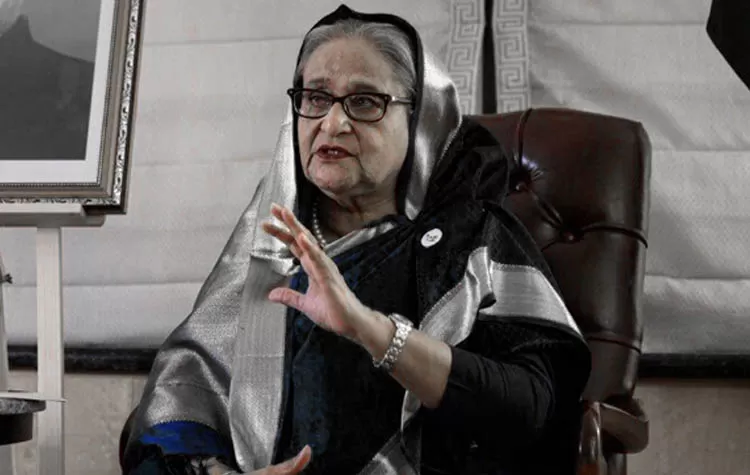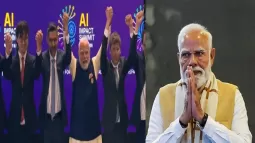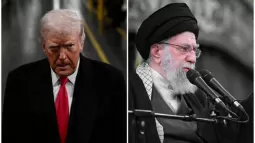
The Government of Bangladesh sentenced Sheikh Hasina, former Prime Minister of Bangladesh, to death on grounds of serious violations of human rights. After the verdict, the government headed by Yunus asked India to extradite her. The Indian response was guarded. A very fundamental question then arose: Will India extradite Hasina or refuse the request?
But to understand India's stand over the issue, a look at the terms of the extradition agreement between the two countries is essential.
The Extradition Agreement between India and Bangladesh
- India and Bangladesh inked an extradition treaty in 2013 aimed at containing the problem of illegal movement across the border and terrorism. In August 2016, both the countries revised the treaty in order to make the process of extradition of people who escape to the other side easier.
- The deal initially envisaged the repatriation of separatists, including ULFA members, who fled India during or after the 1971 Liberation War. Hasina's case does not fit into the earlier precedents.
Procedural Requirements of Extradition
- Extradition can be sought whether a person is charged, wanted, or convicted under the agreement. In relation, Bangladesh’s International Crimes Tribunal has issued an arrest warrant for Hasina that satisfies this.
- Another principle in the agreement, however, is that of dual criminality. It simply means the alleged offense ought to be punishable under the laws of the two countries.
- Bangladesh has put crimes against humanity in the category of serious punishable offenses. India does recognize such crimes; however, it may interpret the circumstances differently and for that reason may claim such charges against Hasina do not meet its legal standards for extradition.
Exceptions that can bar extradition
The agreement also enumerates the following exceptions: Extradition requests can be refused by India if:
The committed crimes are political. The request seems to be unfair or based on some malevolent reasons. These clauses are clear and leave discretions. Since Hasina is an opponent of the Yunus government now, India may find the case to be politically motivated. Analysts say this provides India with solid reasons for rejecting the extradition request. Overall Outlook Based on the agreement as well as the political backdrop, India is not likely to extradite Hasina quickly nor easily. This is a bilateral issue and both the countries may hold prolonged discussions before any decision is taken.













